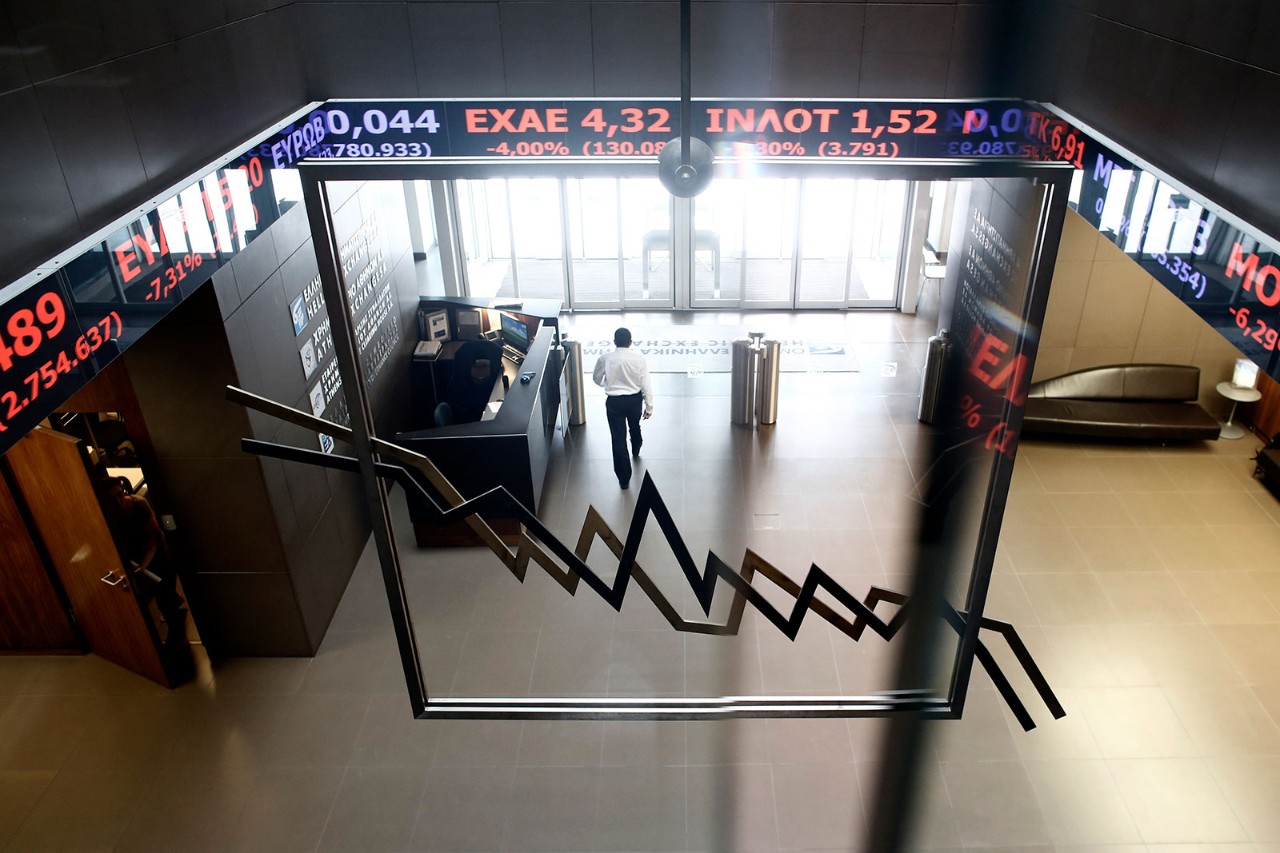
As the world grappled with the onset of the pandemic, Saudi Arabia startled regional markets by announcing that it would triple its VAT rate to 15%, effective from 1 July 2020, to shore up its economy.
This was in contrast to other countries such as the UK, which has taken steps to reduce VAT rates in some sectors to support businesses struggling due to the effects of the pandemic.
‘The journey was challenging considering Covid and the short timeframe to implement the changes,‘ says Chadi Abou-Chakra, partner in indirect tax and fiscal policy at PwC Middle East.
‘There were also many questions raised as to the impact the increase would have on the economy and business – coupled as it was with the pandemic and a sharp decline in oil prices, which combined to put pressure on public spending and aggregate consumption.’
Experts’ concerns centred on the potential negative impact of the hike on consumer confidence, and the risk of price inflation – concerns that have since proved legitimate: the consumer price index recorded an increase of 6.1% in June and 5.9% in July compared with the same months in 2019, according to the Saudi General Authority for Statistics.
Policy of diversification
Even so, Saudi Arabia’s finance minister defended the rate increase, stating that it was needed for longer-term fiscal sustainability as the kingdom diversifies away from oil and gas.
‘There is definitely a shift towards implementing taxes in the region to reduce reliance and dependence on oil revenues,’ says Abou-Chakra.
‘For instance, Saudi Arabia’s total revenues for FY2020 were forecast at 833 billion Saudi riyals (SAR), of which SAR320bn (38%) was expected to come from non-oil revenues. In reality, revenues from taxes on goods and services for Q1 and Q2 2020 amounted to only SAR41bn, according to the Ministry of Finance’s Q2 2020 budget performance report.
‘That’s a 47% decrease compared to the same period in 2019, which may have triggered corrective actions.’
‘There is definitely a shift towards implementing taxes in the region to reduce reliance and dependence on oil revenues’
It had been thought that the governments of UAE and Bahrain, which implemented a 5% VAT on most goods and services in 2018 and 2019 respectively, might imitate the Saudi hike. However, while Bahrain was silent on the matter, Younis Haji Al Khoori, undersecretary of the UAE Ministry of Finance, stated that it had no plans to raise its rate.
Rather, it announced in April that it would delay the due date for payment of VAT from 31 March until 28 May, as part of a raft of measures to help mitigate the impact of the Covid-19 pandemic.
Meanwhile, in September, as falling oil prices put pressure on Oman’s public finances, the sultanate announced proposals to implement VAT in its jurisdiction, starting in January 2022. Oman becomes the fourth of the Gulf Cooperation Council’s (GCC) six member states to collect the indirect tax – a policy agreed by the bloc when it signed the Unified VAT Agreement in 2016. Only Kuwait and Qatar have yet to announce plans.
Valued source
In the UAE, VAT has become a key revenue generator – collection stood at US$7.4bn in 2018, well above the government’s target of US$3.3bn and its 2019 goal of US$5.4bn. For comparison, Saudi Arabia’s VAT generated revenues of US$12.2bn in 2018.
While the overall process of implementation has reportedly been smooth, there have been teething issues, and the private sector still needs assistance on compliance.
‘VAT preparation takes time – it’s not simply a case of switching a button on and off,’ says Shiraz Khan, head of taxation in the Dubai office of Al Tamimi & Co. ‘There’s a lot of work behind the scenes in understanding how the rules will affect your business in terms of your pricing and contracts, and the systems required to deal with them. This requires a lot of different stakeholders to be involved. Being unprepared is likely to result in penalties and compliance errors.’
BEPS action
Looking ahead at the broader tax arena, does Khan foresee other taxes coming into force across the GCC?
‘One factor that may lead Bahrain and the UAE to implement corporate tax is the OECD’s Pillar 2 Global Anti-Base Erosion (GLoBE) proposals, which recommend a minimum tax for multinational enterprises,’ he says.
In January 2020 the UAE marked a milestone in the evolution of its tax policy when it began enforcing Economic Substance (ES) Rules. These stipulate the requirement for businesses to demonstrate their economic activity in the country for purposes of taxation, and constitute an important step towards alignment with the Organisation for Economic Co-operation and Development’s (OECD) Base Erosion and Profit Shifting (BEPS) directives. Failure of UAE entities that fall within the scope of the rules to notify the relevant regulatory authority will incur penalties of up to AED50,000 (US$13,600).
‘Concerns remain from an international perspective that companies are still trying to benefit from UAE tax treaties,’ says Khan. ‘Historically, the UAE’s policy has been to attract foreign investment and obviously having a corporate tax would be a disincentive to that.’
Increased demand
Compared with other countries, the evolution of the GCC’s tax industry remains at a nascent stage – its VAT rates rank markedly lower than the OECD average of 19.3% – but the application of VAT has already had a huge impact on the economies of countries where it has come into force, and also on the workload of tax professionals.
‘Back in 2018, there was such a surge in demand for tax experts that the Big Four stopped taking in any new clients for VAT implementations,’ says the CFO of a Middle East job search portal.
‘The introduction of VAT regulations completely changed the landscape for finance professionals in the region because it formalised a structure. The sudden demand for tax expertise provided a huge boost to the accountancy industry.’




